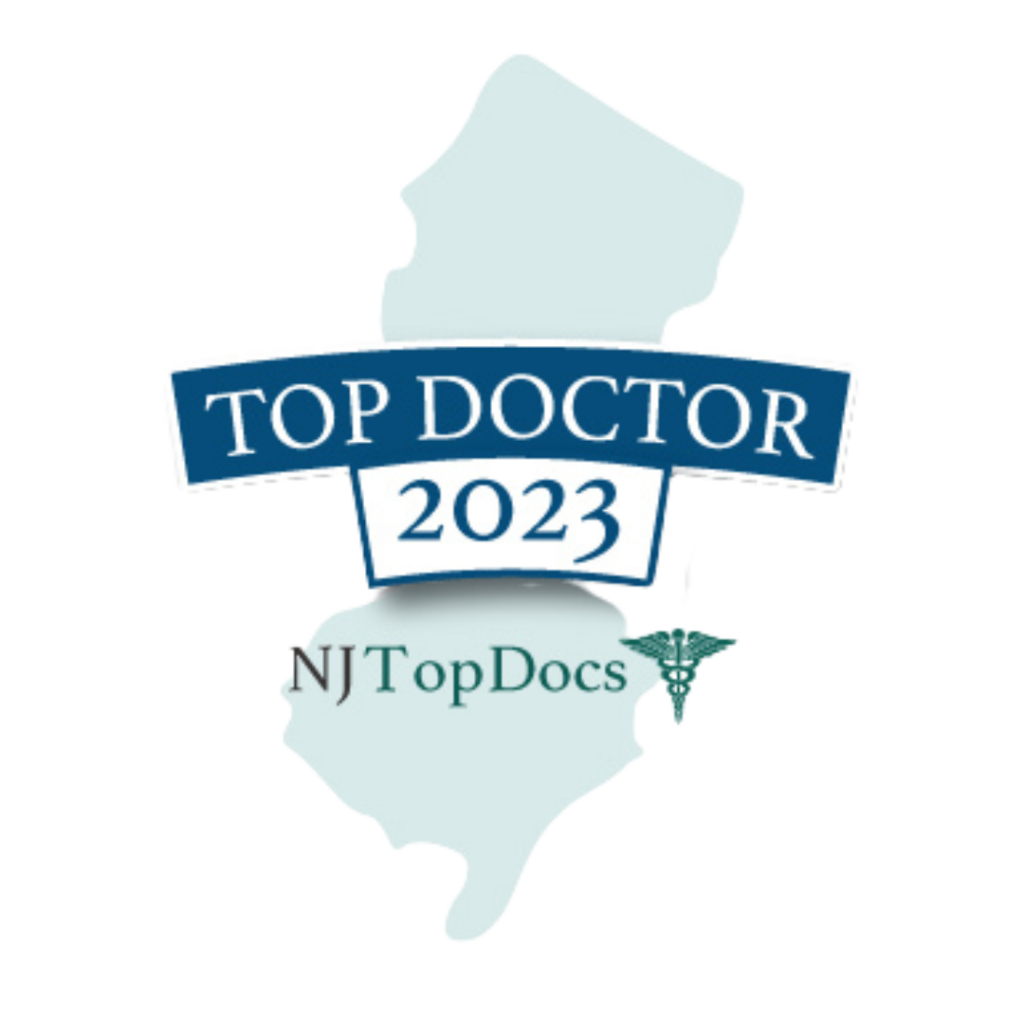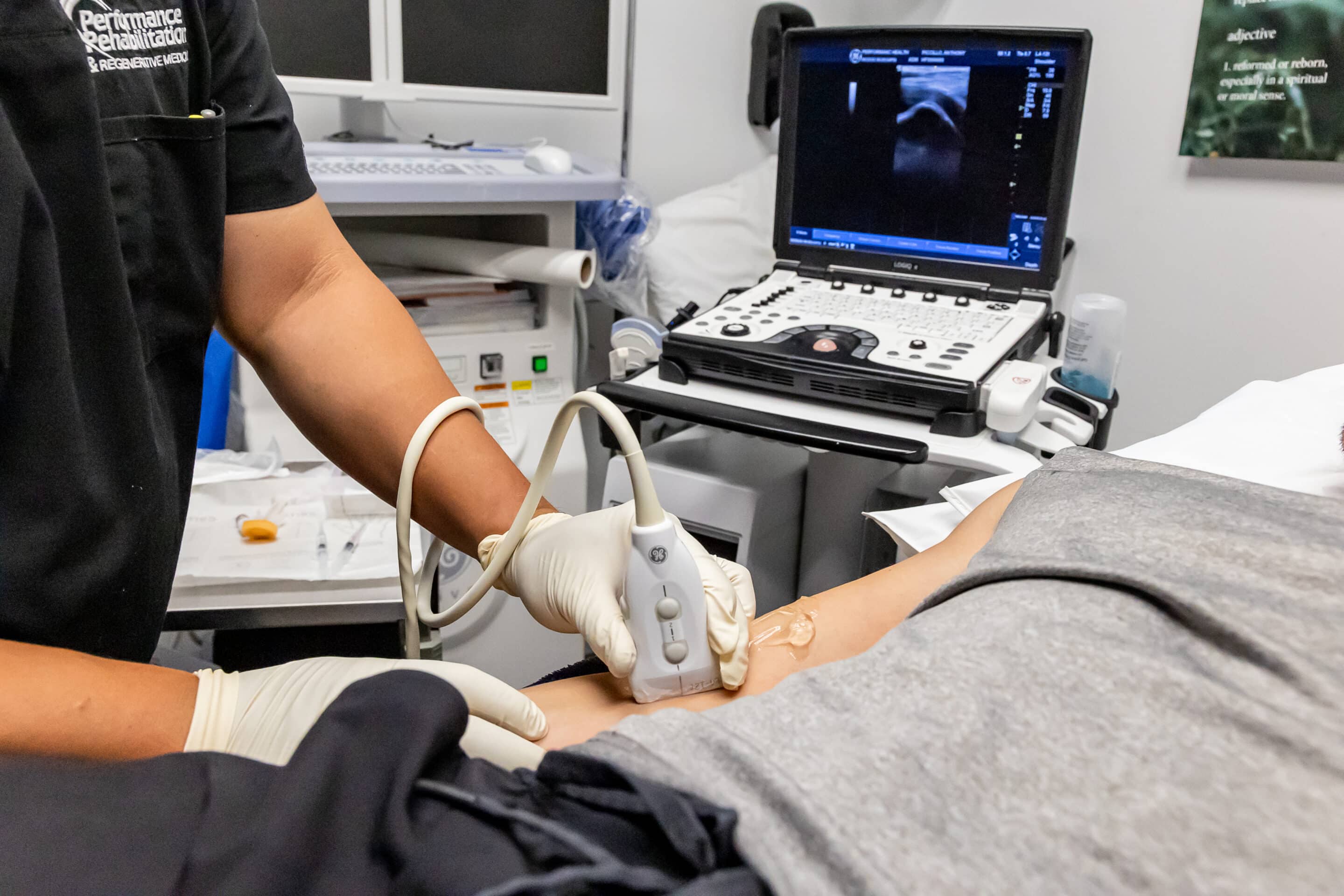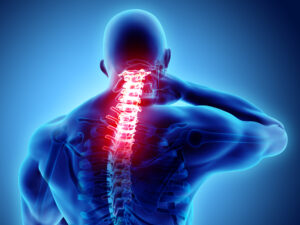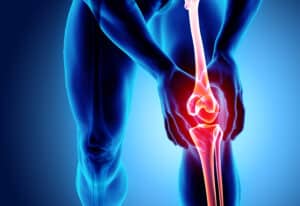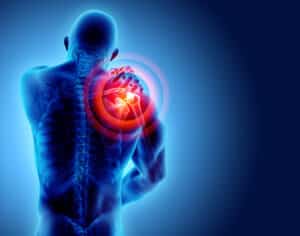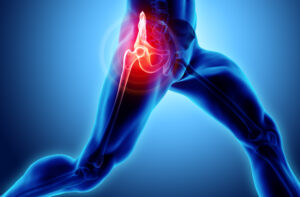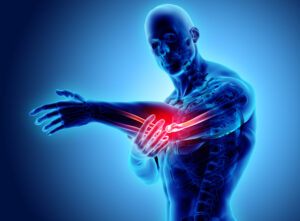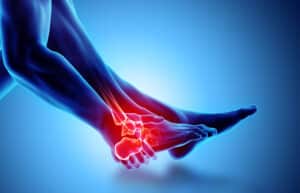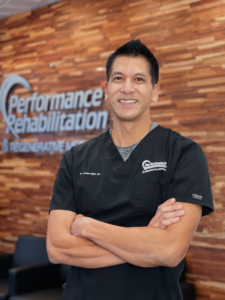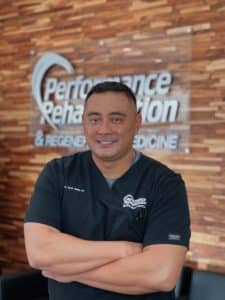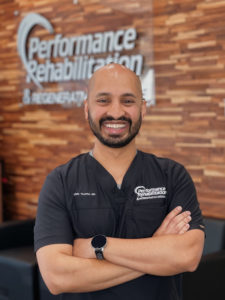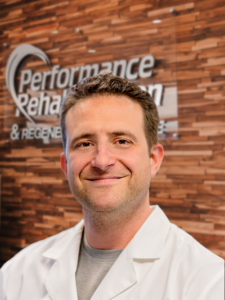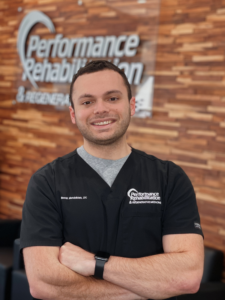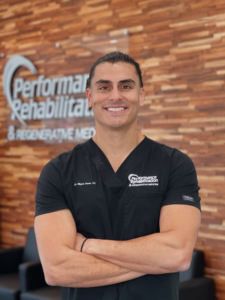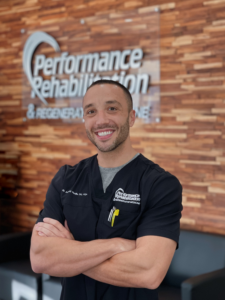Restless Leg Syndrome Treatment Options in NJ
By Dr. Joseph Mejia
Restless Leg Syndrome (RLS) is a condition that is estimated to affect 12 million Americans. RLS is a neurological disorder characterized by uncomfortable sensations to most commonly the lower extremities. Patients will describe symptoms of numbness, burning, tingling or the feel of insects crawling on their skin. These symptoms usually occur between the knee and ankle and patients report that it feels deep inside the limb. Symptoms can occur in the upper extremity, but this is much less common. Symptoms can begin in any stage of life but it is much more common in the older population. Inactivity or immobilization of the lower extremities seems to aggravate the symptoms, while movement and stimulation to the affected limb is temporarily palliative.
In most cases the cause of RLS is idiopathic (unknown). However, patients with chronic diseases such as Peripheral or Diabetic Neuropathy, Parkinson’s Disease or low iron level have increased occurrences of RLS. Some medications, (antinausea, antipsychotic, and cold and allergy) have also been associated with increased RLS symptoms. Lifestyles that include excessive consumption of caffeine, tobacco, or alcohol also seem to aggravate RLS symptoms.
Currently, there is not a single test that is utilized to diagnose RLS. Instead, the physician will diagnose this condition based on clinical evaluation and history. It is not uncommon for a physician to perform an MRI (of the spine or extremity), neurodiagnostic tests or Doppler ultrasound to the affected limbs to rule out other conditions that could present with similar symptoms. Blood work performed by the primary care physician may be ordered to rule out low iron levels due to anemia or other systemic disease.
Performance Rehab In New Jersey Offers Restless Leg Syndrome Relief
The treatment of RLS will vary depending on the cause and severity of the condition. For mild cases, lifestyle modifications including dietary changes as noted above in conjunction with regular moderate exercise, hot baths and leg massages have been proven to help reduce symptoms. Historically, more severe cases that involve diabetic or peripheral neuropathy are treated with variety of medications, including central nervous system depressants (benzodiazepines), opioids and anticonvulsants. Requip is the most common medication prescribed for RLS; however, no one medication is effective for everyone and many medications lose their therapeutic effects over time. Risk of addiction as well as dizziness, nausea, and sleepiness are among some of the side effects noted.
Due to the lack of conservative treatment options for moderate to severe RLS, Performance located in Somerset County, NJ has invested in state-of-the art technology called MicroVas Therapy. Performance has utilized MicroVas treatment as a conservative non-invasive treatment option for diabetic, peripheral and post-chemotherapy neuropathy with excellent results for several years.
MicroVas Therapy is an FDA cleared non-invasive physical therapy modality that utilizes neuromuscular stimulation to increase blood flow and tissue oxygen levels to the muscles and nervous system tissues thus regenerating tissues and reducing symptoms. Due to the excellent clinical results achieved with neuropathy using MicroVas Therapy, we have recently expanded our treatment scope to include Central Jersey patients with RLS. Whether the RLS is due to neuropathy or it’s idiopathic, we are experiencing promising clinical results thus far.
This technology is not for all patients suffering from RLS or neuropathy. Only a thorough examination by a medical physician trained in MicroVas Therapy can determine if you are a candidate for treatment. Typical treatment takes approximately 45 minutes and is painless; some patients even fall asleep during the treatment. A clinical trial of 12 treatments is administered followed by a re-examination by one of the physicians.
Joseph Mejia D.O., F.A.A.P.M.& R, is a graduate of University of Michigan and West Virginia School of Osteopathic Medicine. He is Board Certified in Physical Medicine & Rehabilitation and Sports Medicine. Dr. Mejia received his Fellowship Training in Interventional Pain Management from University of Medicine and Dentistry. He has advanced training in Regenerative Medicine and is the Medical Director and Partner of Performance Rehabilitation & Regenerative Medicine.
